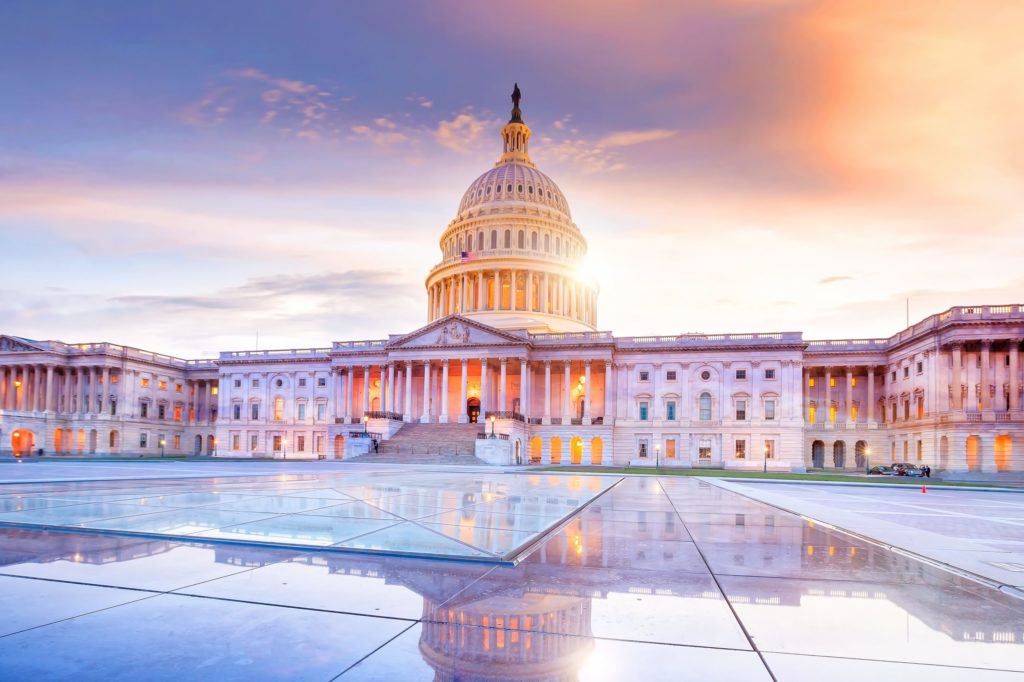Are long weekends reducing Congress’ productivity?
The attached policy short was co-authored by Charles Hunt, a doctoral student at the University of Maryland, College Park.
A common complaint of congressional observers—both those inside and outside the Beltway—is that lawmakers do not spend a whole lot of time on Capitol Hill doing the people’s business. For reference, during 2016, the second year of the 114th Congress, the House was in session for 131 days and the Senate for 165.
The typical congressional schedule finds members in legislative session beginning Tuesday morning and returning to their districts or states Thursday evening for constituent-related work. Members also have district work periods throughout the year, including the entire month of August, during which they remain in their home states. Many people—even members themselves—argue that such a schedule simply does not allow enough time to legislate effectively.
Accordingly, many are calling on legislators to institute mandatory five-day workweeks. In fact, House members from both sides of the aisle have proposed mandating members of Congress to spend Monday-Friday in Washington. In 2014, Rep. David Jolly, R-Fla., lobbied for a change in the House rules to require lawmakers to commit to 40-hour workweeks in D.C. The following year, Rep. Scott Peters, D- Calif., introduced a bill that called for a similar change.
Proponents of the five-day congressional workweek insist that this mandate would result in both increased productivity and increased bipartisanship, since members can get to know each other better within each chamber. The most common proposal calls for members to spend three consecutive weeks in Washington, followed by one week in their districts or states for constituent matters.
Image by Room’s Studio









